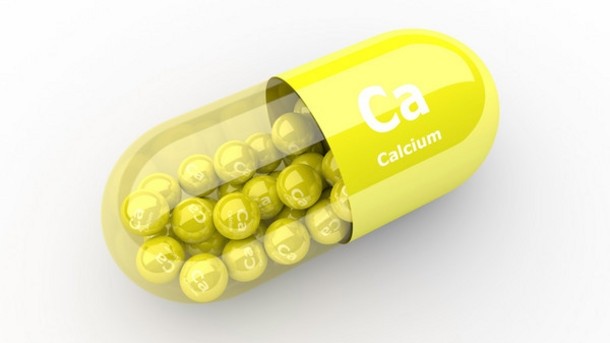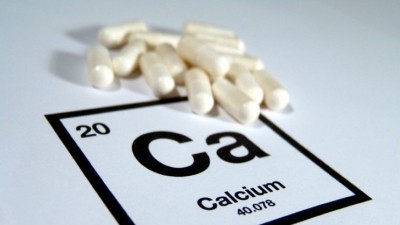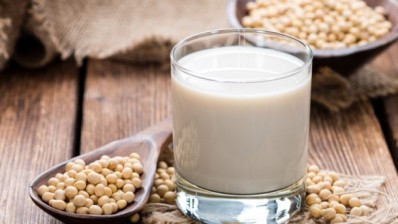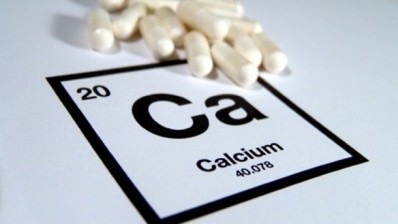Calcium insufficiency leads to late-stage breast cancer tumour cell growth

As breast cancer spreads to the bone in the advanced stages of the disease for most patients, researchers decided to investigate the effects of insufficient dietary calcium intake on bone turnover, tumour growth, and bone response to tumour in tibia inoculated with 4T1 mammary carcinoma cells.
4T1 mammary carcinoma transplantable tumour cells are particularly invasive. They have been shown to spread from the primary tumour within the mammary gland to “multiple distant sites, including lymph nodes, blood, liver, lung, brain, and bone”.
The study divided 61 nine-month-old female mice into two groups, one fed a diet with adequate calcium and the other put on a low-calcium diet for two weeks. Each mouse in both groups then received intra-tibial injections with 1,000 4T1 mammary carcinoma cells.
Lungs, bones and muscles affected
Subsequently, it was found that the mice on a low-calcium diet displayed “higher bone turnover and higher tibial lesion scores” than the mice fed sufficient calcium.
At the same time, the mammary carcinoma cells were shown to have spread to the mice’s lungs, which were then removed for tumour quantification.
While tibial lesion severity increased over time in the all the mice, the study found that “for most skeletal endpoints, the rates of increase were greater in mice consuming a low-calcium diet”.
Furthermore, the infiltration of the tumour cells into adjacent muscle was more severe in the mice on a low-calcium diet.
Less calcium, more tumour cells
The study stated that micrometastatic breast cancer cells have been found in the bones of “up to 80% of patients who died from the disease”, adding that these cells can stay dormant in bone for years, but can cause bone destruction when activated.
This induces higher risk of fracture, bone pain, hypercalcemia and paralysis because of spinal cord compression.
The results suggest that high bone turnover, induced by dietary calcium insufficiency, leads to “greater local mammary tumour cell growth” and tumour cell invasion to muscle in mice.
The study concluded that “these findings further implicate elevated bone turnover as a factor that increases late-stage mammary tumour growth and progression”.
Source: PLOS ONE
https://doi.org/10.1371/journal.pone.0180886
“Low calcium diet increases 4T1 mammary tumor carcinoma cell burden and bone pathology in mice”
Authors: Wendan Wang, et al.



















